Before I move on to the main point of this article I must state how utterly astounding this novel is.
For start it was originally published during the reign of Queen Victoria as a serial in Pearson’s Magazine in 1897. Magazines were extremely popular at the time and many novels were originally published as serials before becoming hardback novels. In the case of ‘War of The Worlds’, the book form was published in 1898.
If a marker of the start of the modern world was the production line that produced the Ford Model T (the worlds first ‘affordable’ car), then the modern world was at least another ten years away – and yet here is a story about interplanetary travel!
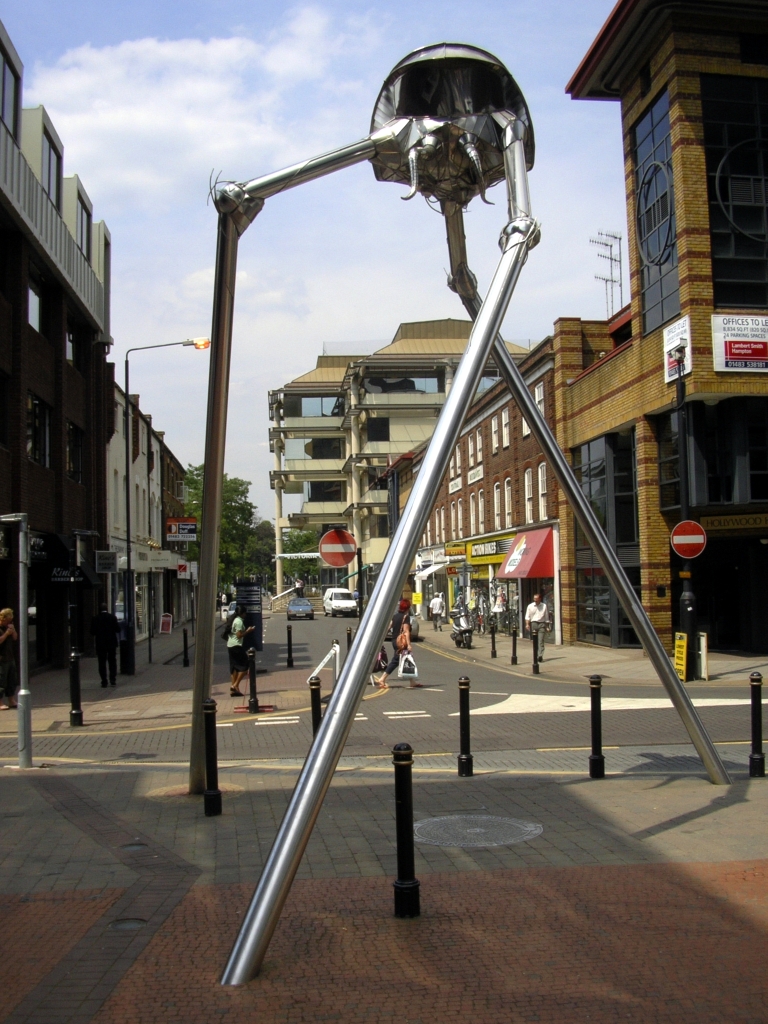
Apart from the era it was written in, many of the ideas and concepts expressed directly or indirectly in the story touch on subjects that are still discussed or written about in the twenty-first century (with varying levels of seriousness). It certainly laid the bedrock for science fiction throughout the twentieth century and all of this began with an alien cylinder landing on Horsell Common, just outside Woking – 32 mile south of London.
War of the Worlds introduced the idea of an alien invasion (alien in terms of interplanetary rather than merely foreign). It also established the concept that Martians were aggressive, and that Mars was an ancient and highly advanced civilisation, but probably in decay. It can be read as a comment on Victorian society, imperialism and exploitation, advanced warfare and the mechanisation of war. There is also the influence of Darwin’s Theory of Evolution and the whole science-verses-religion debate (‘On The Origin of Species‘ was only published in 1859).
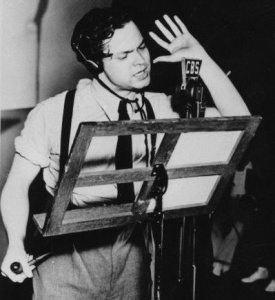
There have been a number of significant adaptations for radio and film over the years and I will briefly touch on the most significant versions.
In terms of radio, the version that is most remembered is the 1938 adaptation directed and performed by Orson Welles, and which essentially made his name. The production, which went out on Halloween of that year, was startlingly innovative – it was broadcast in the form of a News Flash which appeared to interrupt another radio programme, and announced the invasion as though it was happening in real time at Grover’s Mill, New Jersey. Apparently the story that thousands fled their homes in a blind panic, believing it was a real news report, was largely exaggerated by the newspapers.
In 1953 George Pal produced a big budget film version for Paramount Studios, which also placed the action in America. George Pall already had hit films with ‘Destination Moon‘ and ‘When Worlds Collide‘, so was particularly associated with Science Fiction, and would later film the classic version of H.G. Wells’ ‘The Time Machine‘ with Rod Taylor, Alan Young and Yvette Mimieux.
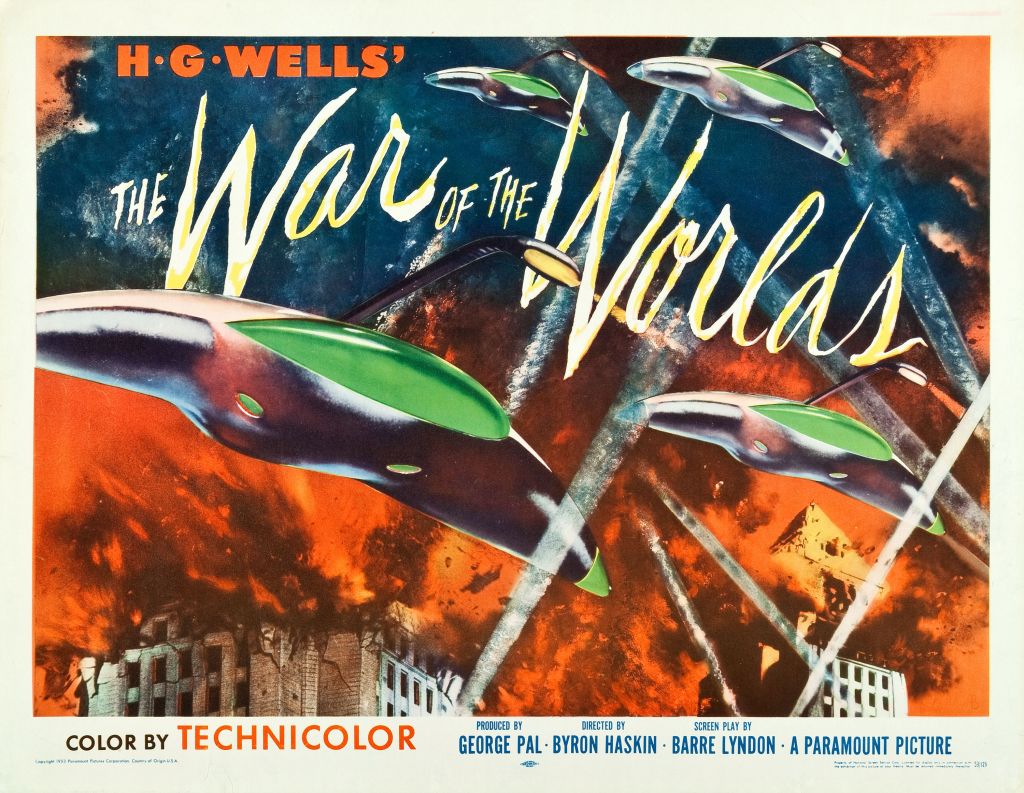
Yet another version to erroneously place the action on American soil, was the 2005 Steven Spielberg film starring Tom Cruise, Dakota Fanning and Tim Robbins. Obviously, Spielberg’s filmography needs no explanation!
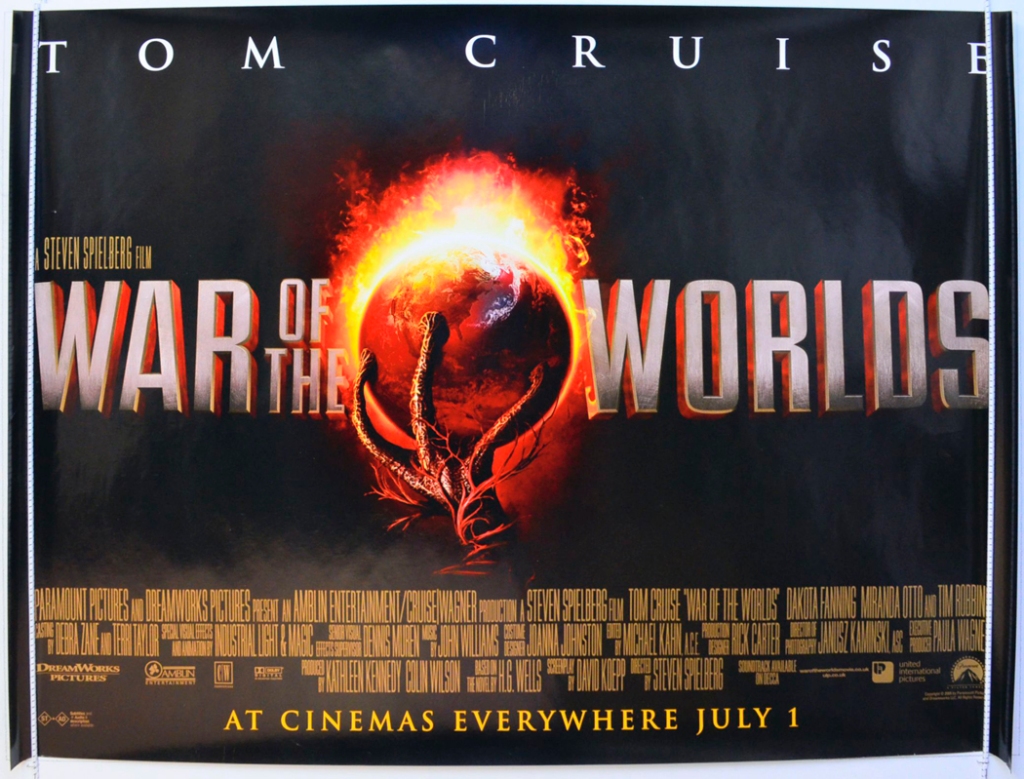
There have been other adaptations, but these have by far been the most significant versions to date.
Although the British release date has yet to be announced (it has already aired in a few other countries), there is a new three part BBC television series of War of The Worlds which is due to be broadcast in the UK sometime before Christmas. Surprisingly, it is the first time that the novel has been adapted by a British broadcaster. I am hoping that this new version will be good enough to be considered as one of the classics and there are a couple of reasons for this.
For a start it will be the first screen version to be based close to the era of the original novel – although not set in Victorian times, it is based in the Edwardian era, so not far off. Also, it will be set geographically where the the novel was set, namely London and Surrey – not America for a change! On the whole, this appears to be the most faithful adaptation so far – I just hope it’s going to be good enough – apparently it was originally due to be broadcast last year but was delayed due to technical problems with the special effects in post production (well, I’m hoping that was the only reason!)

What I will be interested in seeing is it’s portrayal of the Curate (if he appears at all) in the BBC adaptation. In the original novel, he is more than a little unhinged by what’s going on – he believes that the Martians have been sent by God to punish us for our sins. This could be seen as a comment about the fragility of religious dogma in the face of indisputable circumstances, or, in other words, in the face of rational and scientific observation (in contrast to the curate, the narrator of the novel is portrayed as the voice of reason). When the curate looses it completely the narrator effectively kills him with a shovel for fear of being discovered by the Martians.

It is interesting to note that in the 1953 film version of the novel the religious representative, a Pastor, believes that the Martians must be essentially good beings because they too were made by God and that they will see the righteousness of God’s word. This belief is maintained even after having seen them kill other humans. He walks towards them reading from the Bible and swiftly gets blasted out of existence. Is this the way the world saw religion in the middle of the twentieth century, essentially powerless in the face of modernity and mechanisation, or was the Pastor a martyr standing up for religious belief no matter what. Interestingly, the film also has a scene in a church at the end when the Martians are dying, which suggests mankind was saved by the work of God.
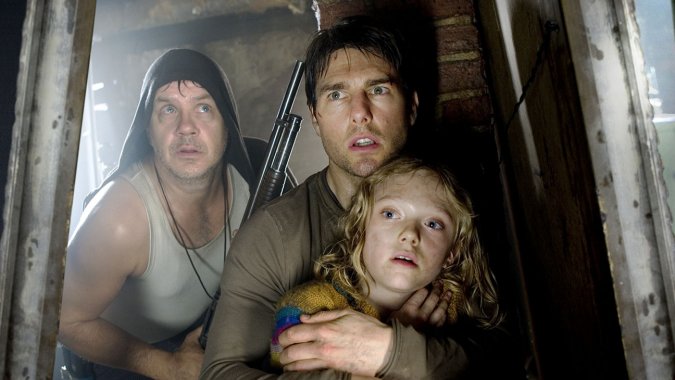
In the 2005 Spielberg version the Curate does not make an appearance, but aspects of him are amalgamated with the artilleryman from the novel, in the form of Tim Robbins’ character – a crazed individual who wants to hunker down with the hope of planning a Guerrilla attack at some point in the future. He is killed with a shovel (like the Curate in the book) by Tom Cruise’s character through fear of discovery (apparently in this version the invaders were not from Mars, but some distant unnamed planet, largely because the idea of intelligent life on Mars has unfortunately been discredited). So, where is religion in this version (and for that matter, in the twenty-first century?) and will it feature at all in the new BBC adaptation?
The interesting point about War of The Worlds and it’s relation to religion is that it suggests that Science and Technology cannot save man, anymore than the belief in a Deity can. It is Nature which defeats the invading force – or the human race is saved, as Wells puts it in the opening paragraph, of the novel, by “the transient creatures that swarm and multiply in a drop of water”.
Ultimately Wells may have been suggesting that it is not a good idea to sell your soul to any one belief system, but to be more widely aware of the world and it’s multitude of ideas and perspectives, because no single theory has all the answers…